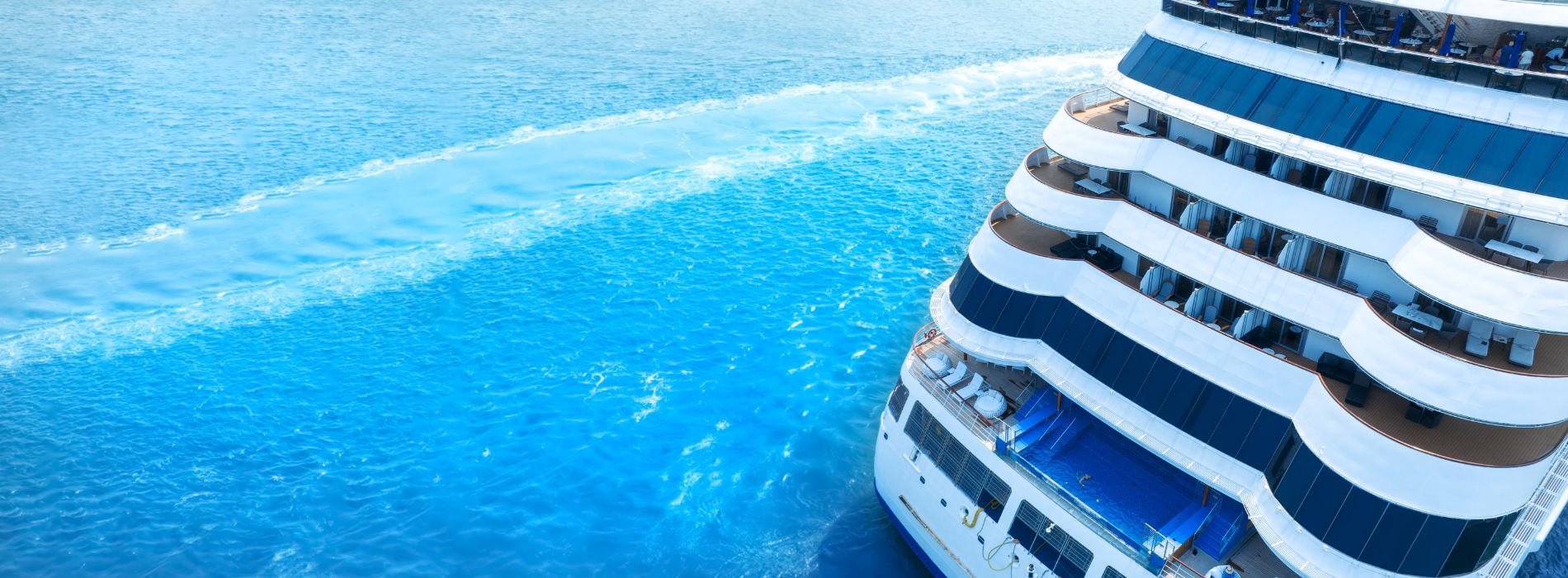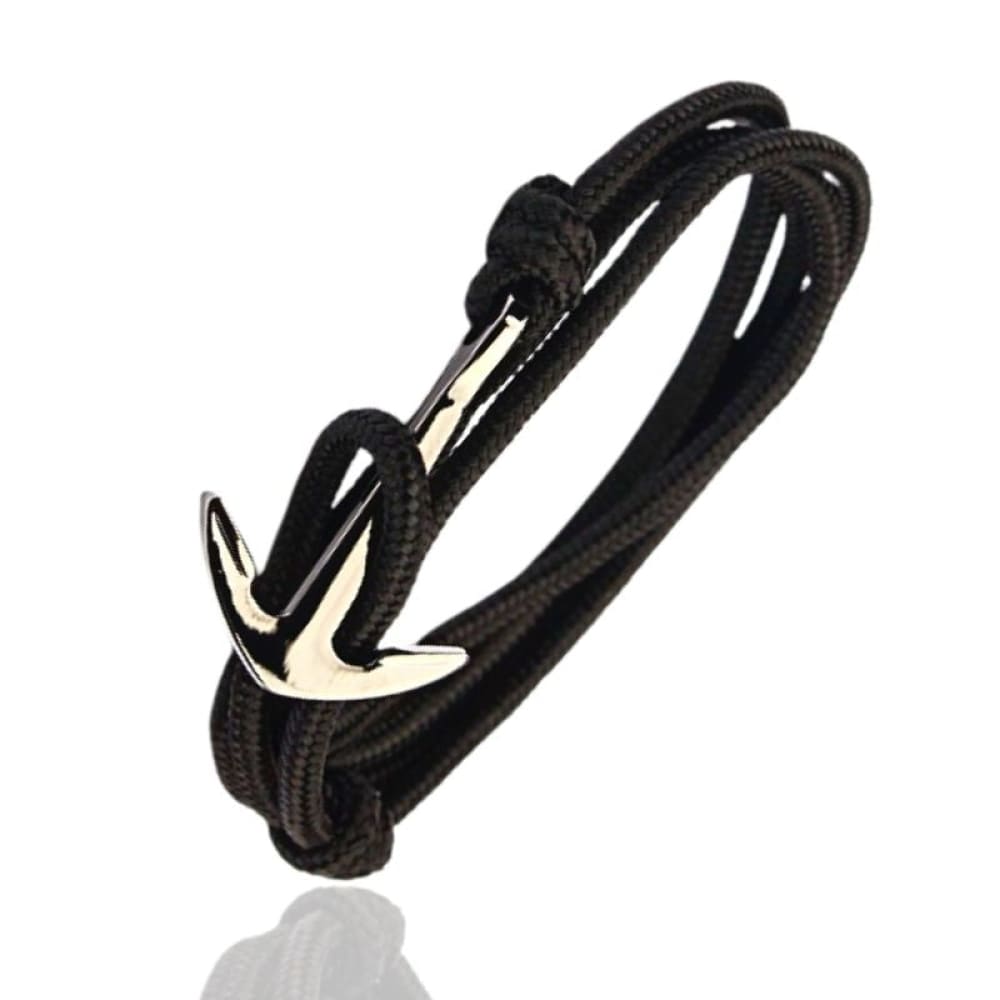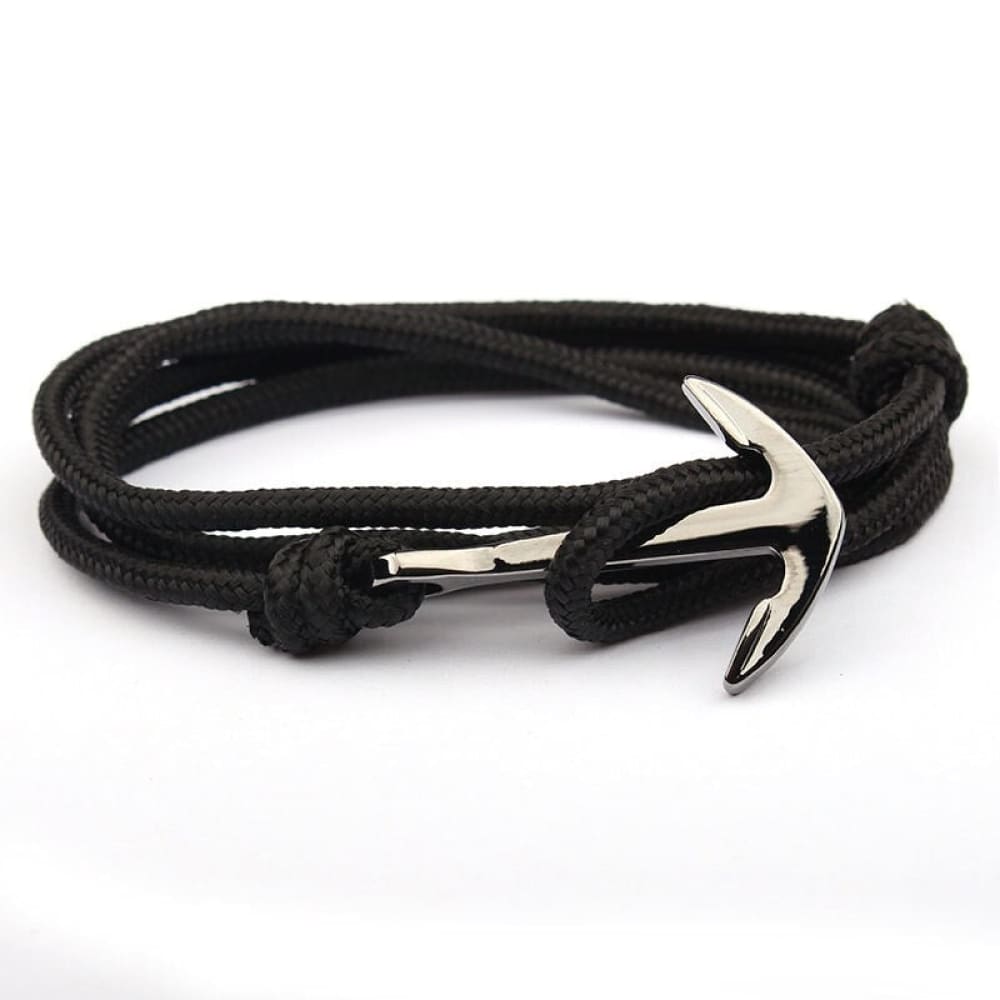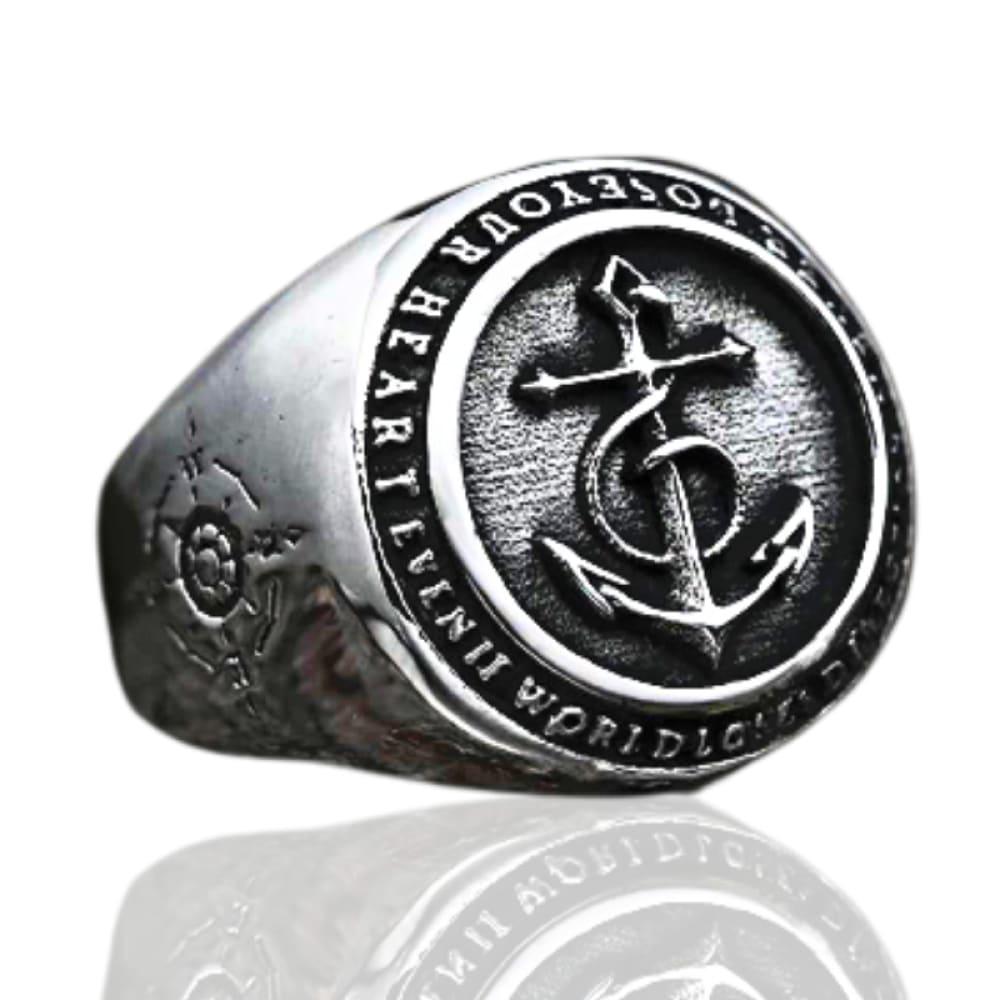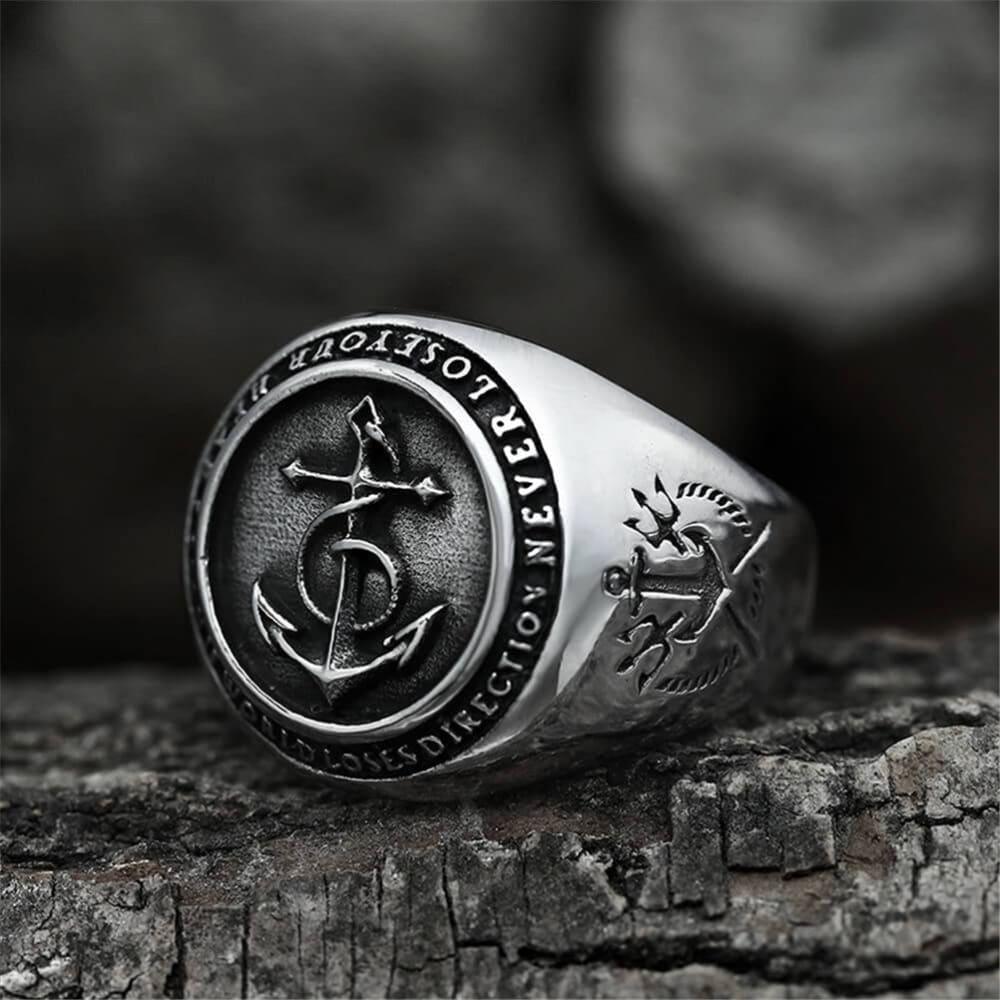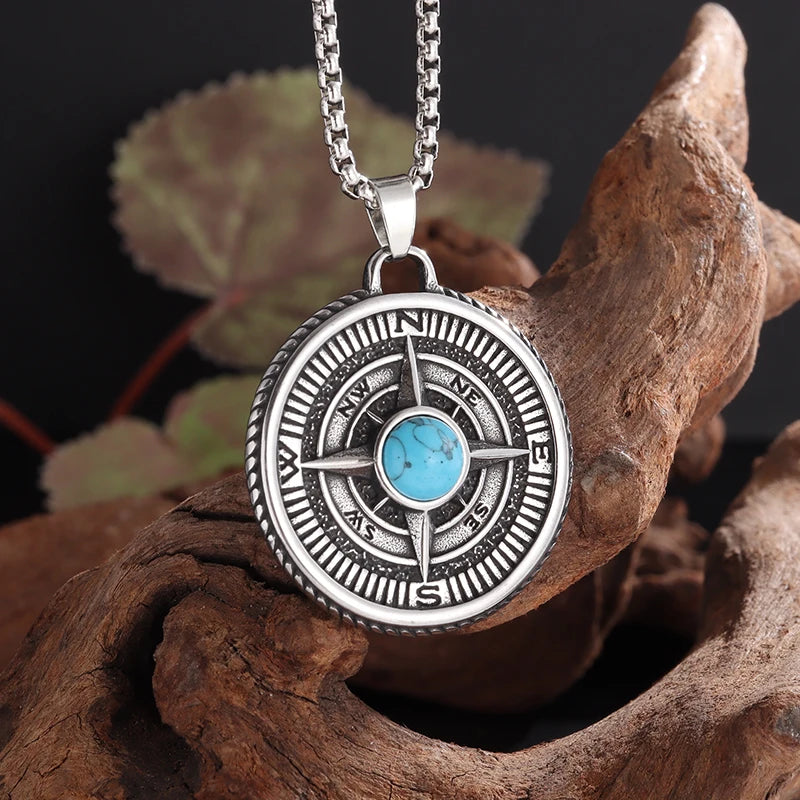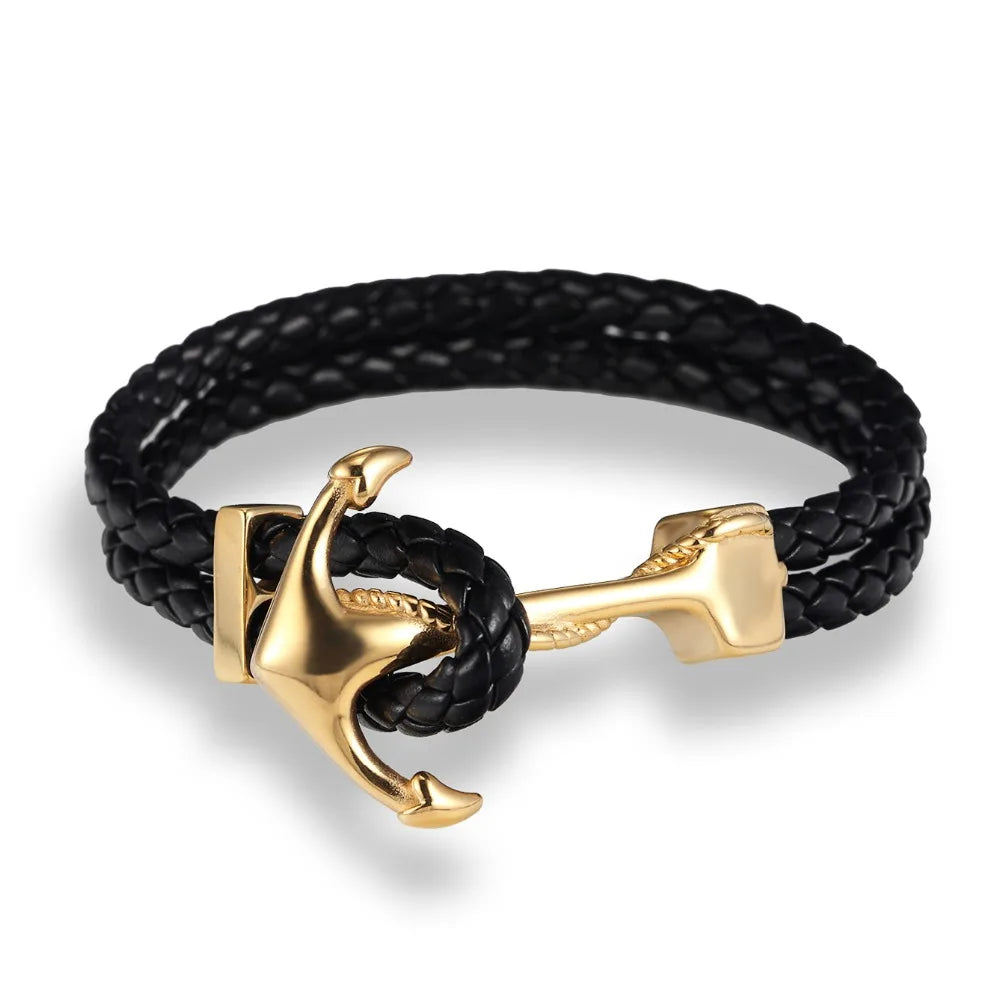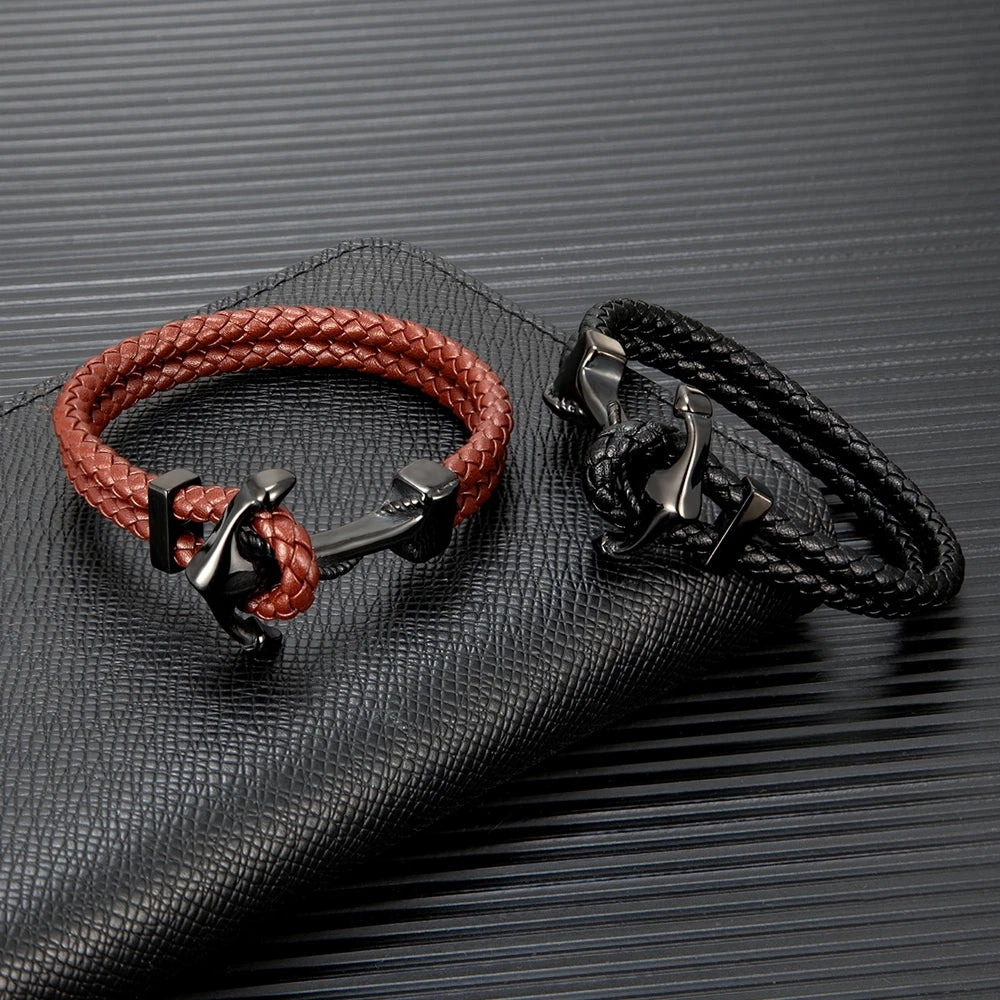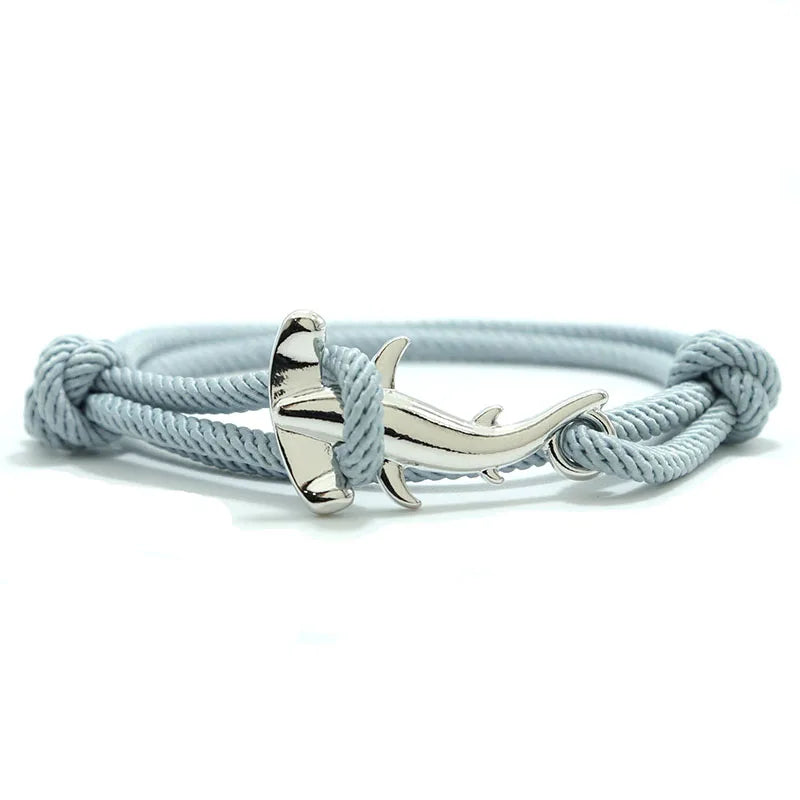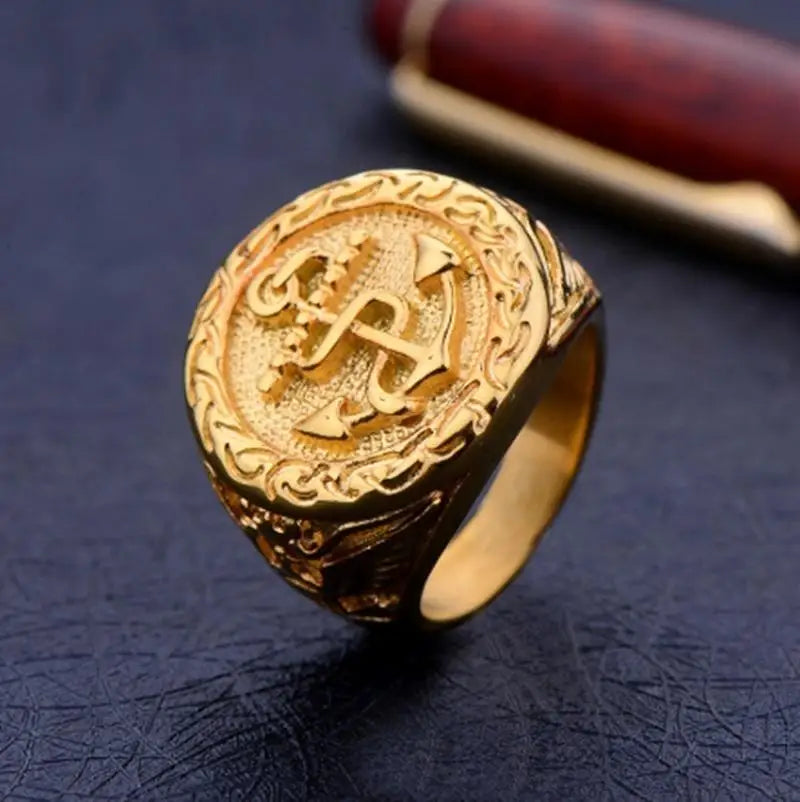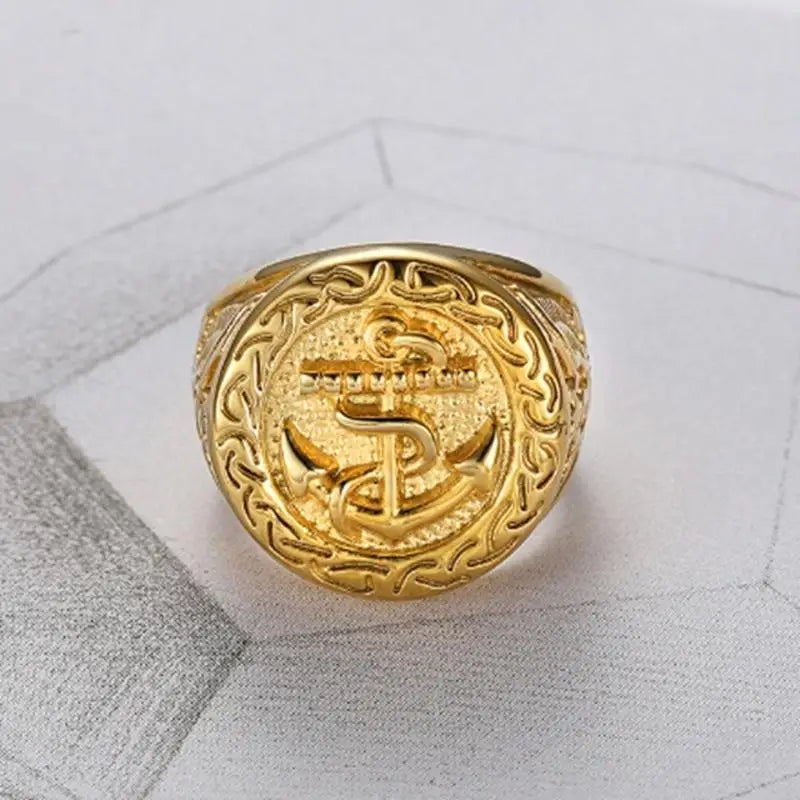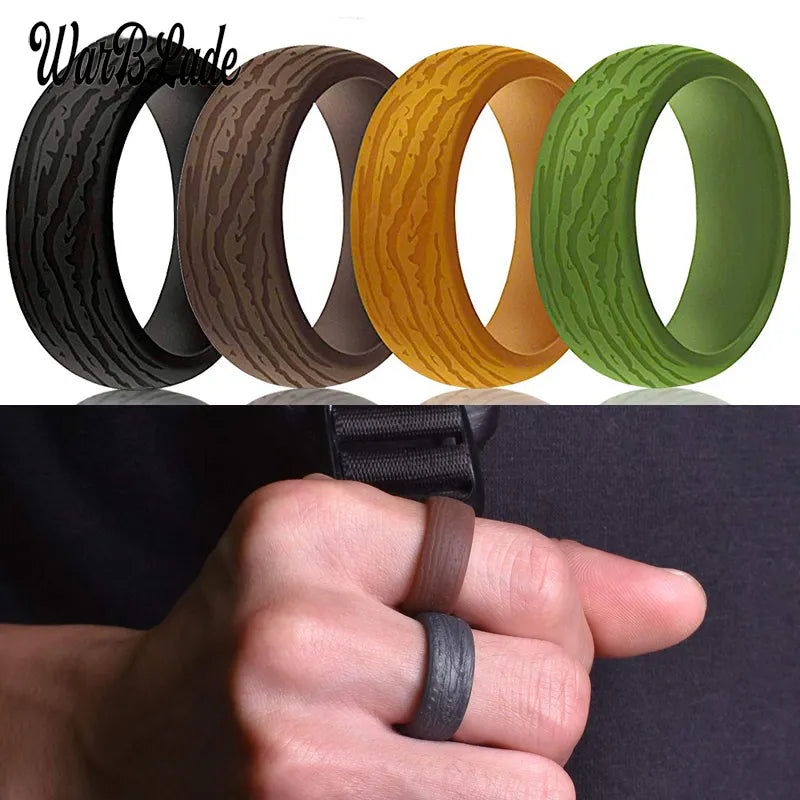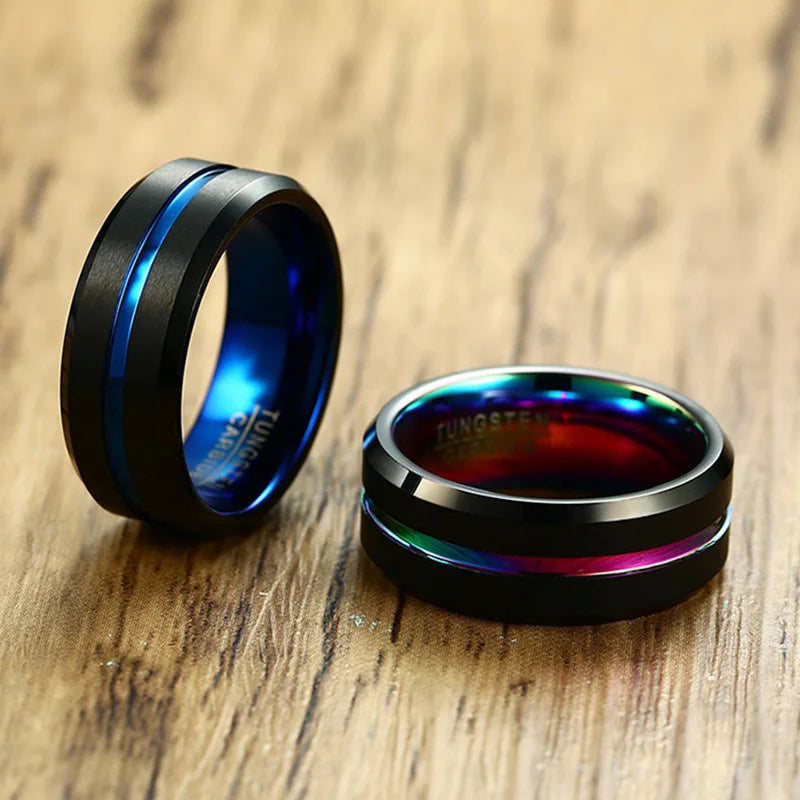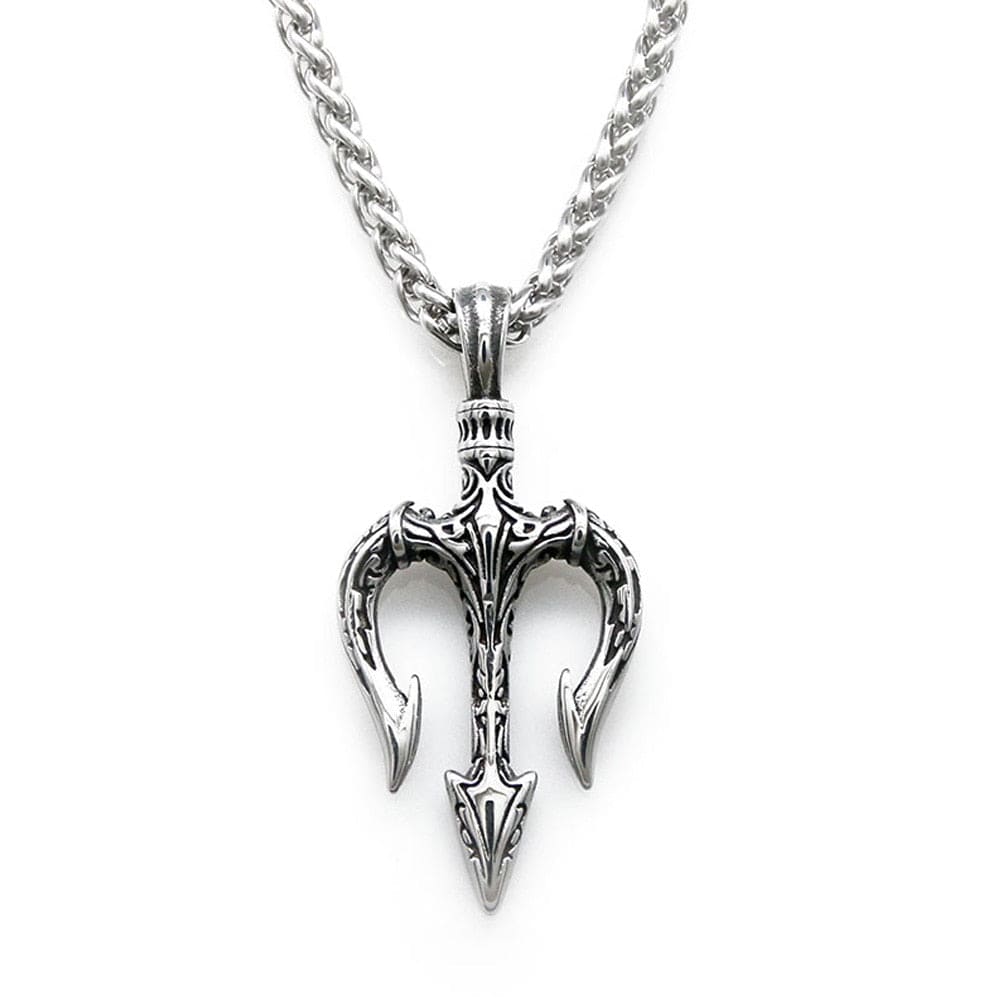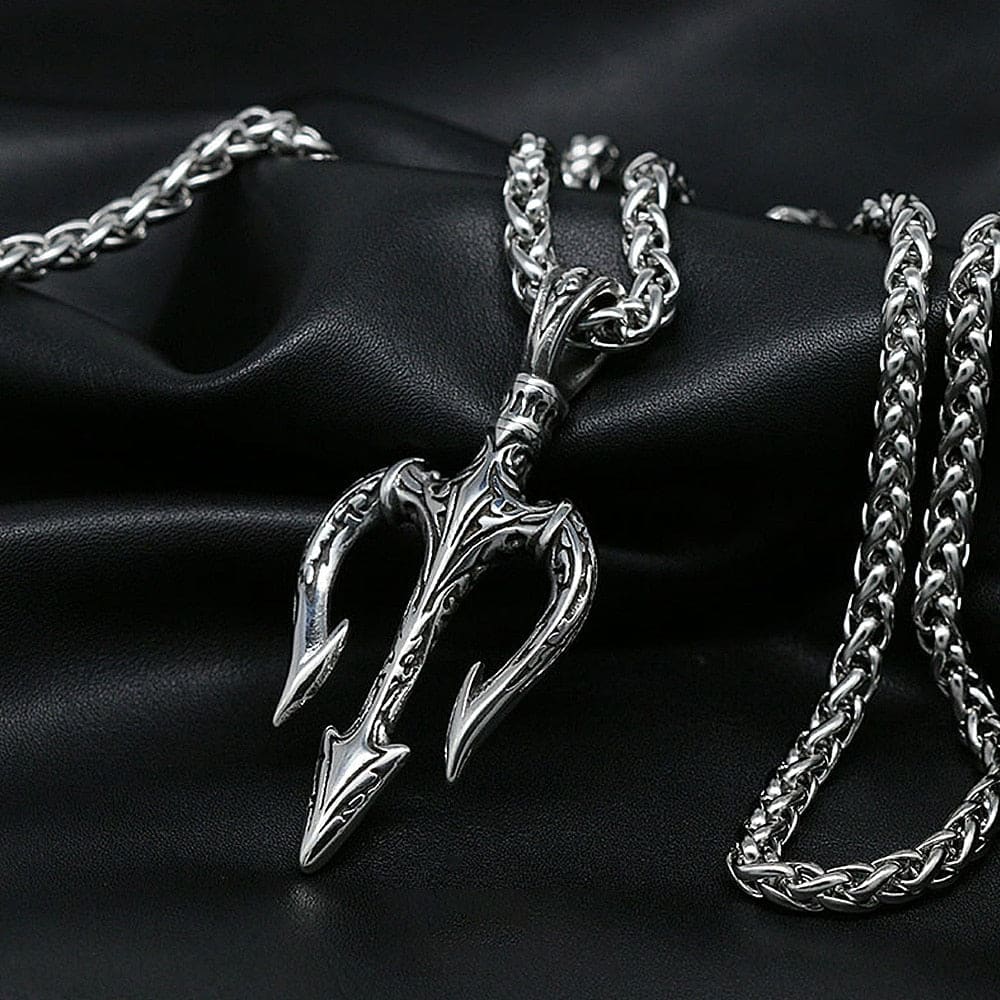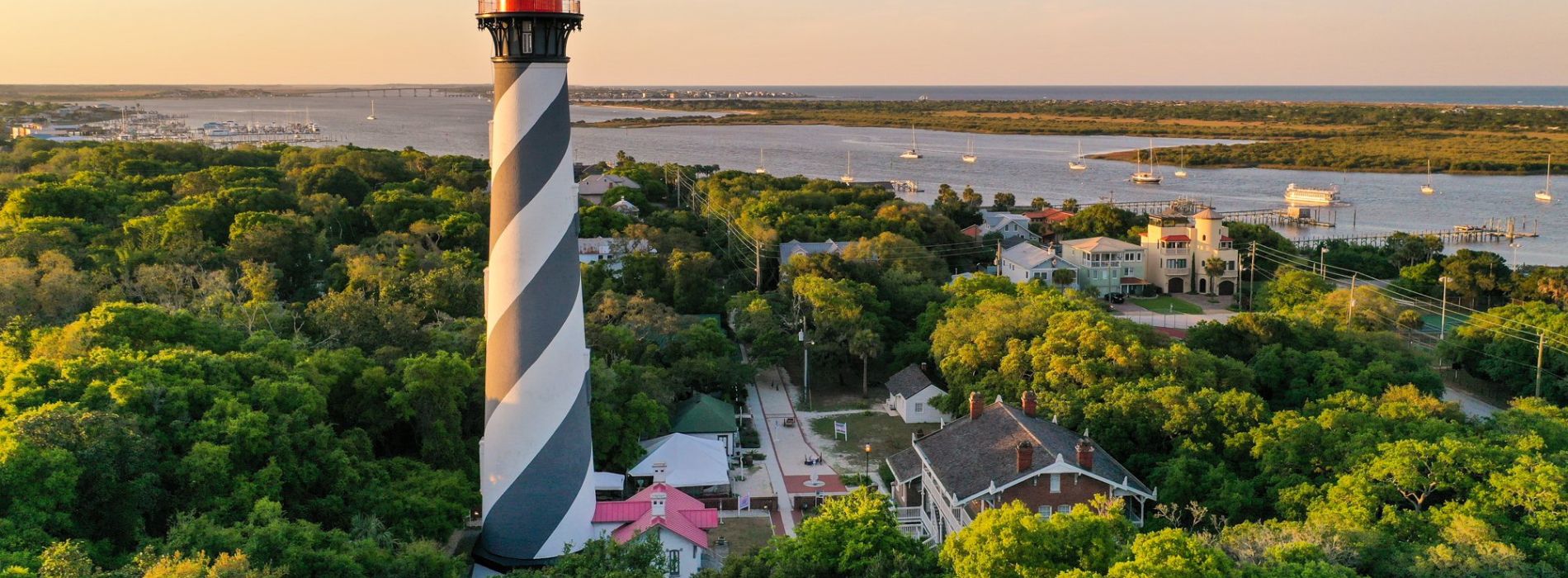How Much Does It Cost to Fuel a Cruise Ship?
How Much Does It Cost to Fuel a Cruise Ship?
The Importance of Fuel in the Cruise Ship Industry
Fuel costs are a significant factor in the operation of cruise ships. With their massive size and constant need for propulsion, these ships consume a staggering amount of fuel. In recent years, the cruise industry has been focusing on finding ways to reduce fuel consumption and promote sustainable practices.
One of the key initiatives is the use of low-sulfur fuel to minimize air pollution. Additionally, cruise lines are investing in alternative energy sources, such as liquefied natural gas (LNG) and solar power, to further reduce their environmental impact.
The Impact of Fuel Prices on Cruise Ship Operations
Fuel prices play a crucial role in determining the overall cost of operating a cruise ship. For example, a 10-day cruise may require tens of thousands of gallons of fuel, and any fluctuations in prices can significantly impact the budget of the cruise line.
Cruise lines often secure fuel contracts in advance to mitigate the risk of sudden price hikes. However, unexpected events such as geopolitical tensions or natural disasters can still lead to volatile fuel prices, making it challenging to predict and manage costs effectively.
To cope with fuel cost fluctuations, cruise lines employ various strategies, including adjusting itineraries, optimizing ship speeds, and implementing energy-saving technologies.
The Environmental Impact of Cruise Ship Fuel Consumption
The environmental impact of cruise ship fuel consumption is a growing concern. These massive vessels emit large amounts of greenhouse gases, contributing to climate change and air pollution.
Reputable cruise lines are working to minimize their carbon footprint by adopting cleaner fuel options, investing in energy-efficient technologies, and implementing waste management systems on board.
Regulatory bodies and industry organizations have also put in place guidelines and regulations to encourage sustainable practices within the cruise industry. These initiatives aim to reduce the environmental impact of cruise ship fuel consumption and preserve the natural beauty of the seas and oceans.
The Cost Breakdown of Cruise Ship Fueling
The cost of fueling a cruise ship is influenced by several factors. Here are the key elements that contribute to the overall fuel expenses of a cruise line:
1. Ship Size and Passenger Capacity: Larger ships require more fuel to operate and accommodate the needs of a higher number of passengers. The size and capacity of a cruise ship directly impact the fuel consumption.
2. Distance and Itinerary: The length and route of a cruise also determine the fuel consumption. Longer journeys or those with multiple stops are likely to increase the amount of fuel needed.
3. Fuel Prices: Fluctuations in fuel prices can have a significant impact on the overall cost of fueling a cruise ship. Cruise lines often secure fuel contracts in advance to mitigate the risk of sudden price hikes.
Reducing Fuel Consumption and Costs
To mitigate the impact of fuel costs, cruise lines are continuously exploring ways to increase fuel efficiency and reduce consumption. Here are some strategies employed by the industry:
1. Advanced Propulsion Systems: Cruise ships are equipped with advanced propulsion systems designed to optimize fuel consumption. This includes technologies like pod propulsion, fan tunnels, and variable speed drives.
2. Energy Management Systems: These systems monitor and optimize energy consumption throughout the ship, ensuring the efficient use of fuel and minimizing waste.
3. Fuel Optimization Software: Cruise lines use specialized software that analyzes data and provides recommendations for optimizing fuel usage. This software takes into account factors such as weather conditions, sea currents, and ship speed to find the most fuel-efficient route.
Sustainable Innovations in the Cruise Industry
The cruise industry is committed to adopting sustainable practices and reducing its environmental impact. Here are some notable innovations:
1. Liquefied Natural Gas (LNG) Powered Ships: LNG is a cleaner alternative to traditional marine fuels, reducing both greenhouse gas emissions and air pollution.
2. Advanced Waste Management Systems: Cruise ships now have sophisticated waste management systems in place, including recycling programs and advanced wastewater treatment systems to minimize their impact on the environment.
3. Energy-Efficient Ship Designs: New cruise ships are being built with energy-efficient designs, utilizing technologies like LED lighting, solar panels, and optimized hull shapes to reduce fuel consumption.
The Future of Cruise Ship Fueling
The future of cruise ship fueling is focused on sustainability and reducing the industry's carbon footprint. Cruise lines and shipbuilders are investing in research and development to find innovative solutions:
1. Hydrogen Fuel Cells: Hydrogen fuel cell technology shows promise as a zero-emission energy source for cruise ships. These fuel cells produce electricity through a chemical reaction between hydrogen and oxygen, emitting only water vapor as a byproduct.
2. Battery-Powered Cruise Ships: Battery technology is advancing rapidly, and there is ongoing research on battery-powered cruise ships. These ships would rely on large-scale battery systems to provide propulsion, eliminating the need for traditional fuel consumption.
Sustainability Partnerships and Initiatives
Cruise lines are actively collaborating with environmental organizations, research institutions, and regulatory bodies to drive sustainability in the industry. Some notable partnerships include:
1. Cruise Lines International Association (CLIA): CLIA is an industry association that represents cruise lines worldwide. They have developed sustainability guidelines and best practices to promote environmentally responsible cruise ship operations.
2. World Wildlife Fund (WWF) Partnership: Several cruise lines have partnered with WWF to support marine conservation initiatives and develop sustainable management plans for their operations.
3. Research and Innovation Centers: Cruise lines are establishing research and innovation centers to facilitate collaboration and develop new technologies that can further reduce the environmental impact of the industry.
The cost of fueling a cruise ship depends on various factors such as ship size, passenger capacity, distance, and fuel prices. Cruise lines are actively working on reducing fuel consumption, adopting sustainable practices, and exploring alternative energy sources to minimize their environmental impact. The future of cruise ship fueling is focused on innovative solutions like hydrogen fuel cells and battery-powered ships that can significantly reduce or eliminate traditional fuel consumption.

